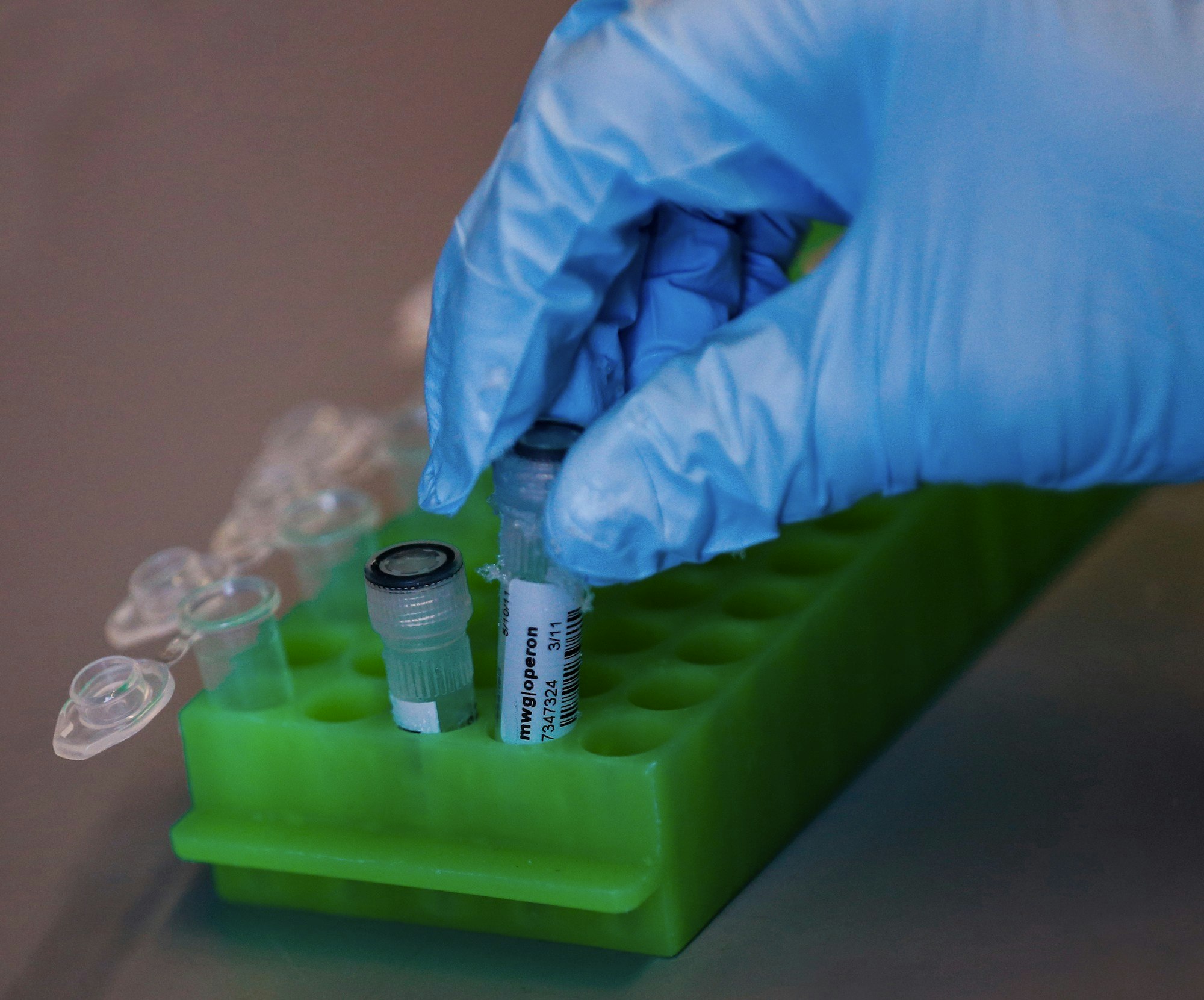A new study released by The Stockholm Environment Institute (SEI) at the University of York has linked air pollution exposure to 2.7 million premature births. Preterm births are those that occur before 37 weeks gestation. The study examined global births for the year 2010, and found that of the 15 million babies born early, 18 percent were linked to exposure to inhalable fine particulate matter. The research was published in the journal Environment International.
There are a lot of risk factors for preterm births including a mother’s age and health, poverty, and other social characteristics. Researchers have previously suggested that exposure to air pollution might be another contributing element. This study is the first that definitively links the two on a global level.
The areas most affected by preterm births in the study are South and East Asia, North Africa, and Sub-Saharan Africa, where the greatest outdoor exposure to fine particulate matter (noted as PM2.5) from sources like agricultural burning, cars, power plants, and wood burning. Globally, it was estimated that 2.9 million premature deaths were caused by exposure to this type of pollution in 2013.
The paper, like most research associated with air pollution, recommends reducing exposure to, and creation of, this type of air pollution.









